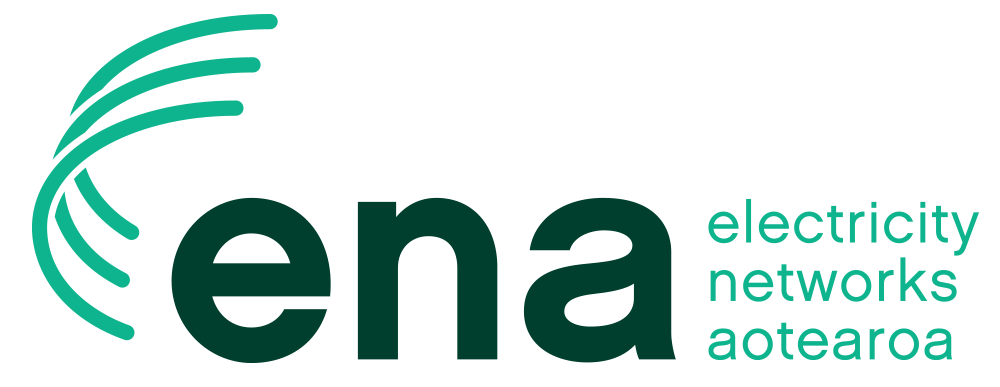Aurora’s Energy's Upper Clutha project

Seeking non-network solutions to reliably meet growing peak demand in the wider Wanaka area
Objective
Promote the development and expansion of ‘flexibility services provider’ roles to manage distributed energy resources for electricity industry participants and customers.
Benefits
Staged tactical solutions enable deferral of costly network upgrades for up to three years. Customers benefit from flexible electricity consumption to optimise pricing and improve household security of supply from battery storage.
What is the problem?
The Upper Clutha area on Aurora’s network is experiencing significant growth in connections. It has a summer-peaking problem due to both agricultural/horticultural irrigation and tourism, and a winter-peaking problem due to ski fields and the cold climate.
Costly upgrades of network infrastructure would be necessary over the next three to five years if no other solutions are found to manage demand on the network.
What is the solution that is being put into place?
Aurora decided to set up the business infrastructure that would allow the development of a market for non-network support solutions provided by third parties that will allow a deferral of otherwise required investment in network upgrades.
What has been done so far?
- Establishing business processes – procurement arrangements, commercial contracts and pricing agreements in place.
- First third-party supplier agreement in place (solarZero) and households being signed up to its distributed energy resources service, whereby households are provided with solar PV and batteries as a service (rather than customers purchasing the equipment themselves).
- SolarZero is signing households up over next six months (autumn and winter 2021) ready for installation/implementation by summer 2021/22.
- Other potential solution providers are on the horizon, including small-scale embedded hydro generation and working directly with some commercial users. A ‘standing offer’ contract is being developed.
Expected benefits
- If several hundred households and businesses sign up there could be at least a year’s deferral of required upgrades.
- If approximately 1000 households and businesses sign up to the solution, there is a potential for a three-year deferral of required network upgrades.
- With a number of tactical non-network solutions in place, there is potential for a semi-permanent deferral of the need to upgrade network infrastructure.
- Distributed energy sources can be offered as ‘flexibility services’ to other industry participants, enabling value-stacking to occur.


